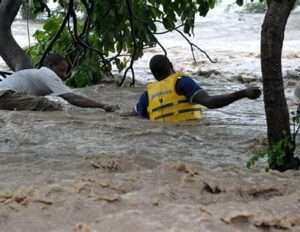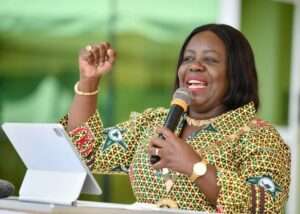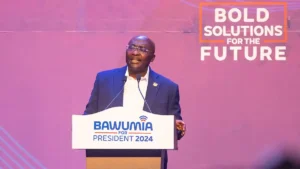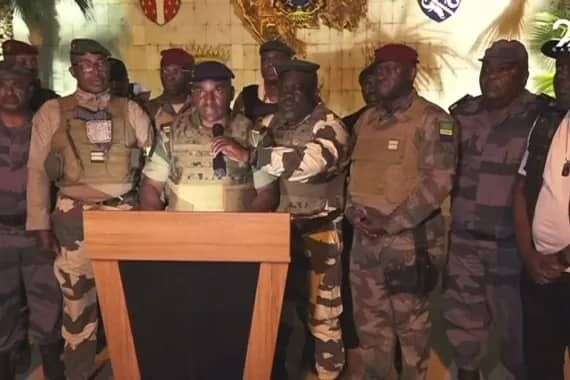
During the announcement, AFP journalists heard gunfire ring out in the Gabonese capital, Libreville. While announcing the cancellation of the results one of the soldiers announced the dissolution of “all the institutions of the republic”.

“We have decided to defend peace by putting an end to the current regime”, one of the soldiers said on TV channel Gabon 24, adding that he was speaking on behalf of the “Committee for the Transition and Restoration of Institutions”.
“To this end, the general elections of 26 August 2023 and the truncated results are cancelled,” he added.
“All the institutions of the republic are dissolved: the government, the Senate, the National Assembly and the Constitutional Court,” he added, announcing the closure of the country’s borders “until further notice”.
Among the soldiers were members of the Republican Guard as well as soldiers of the regular army and police officers.
Soldiers appeared on Gabonese national television, announcing the cancellation of recent election results and the dissolution of “all the institutions of the republic”.
The apparent coup follows shortly after the national election authority’s announcement on Wednesday that Gabon’s President Ali Bongo Ondimba had been re-elected for a third term.


Coup leader say President Bongo under house arrest
Gabon’s coup leaders say President Ali Bongo Ondimba is under house arrest and one of his sons has been arrested for “treason”.
“President Ali Bongo is under house arrest, surrounded by his family and doctors,” they said in a statement read out on state TV.
Al Jazeera’s Nicolas Haque reporting from Dakar, Senegal said there is heavy presence of security forces on the streets of Libreville.
“The presidential guards seems to have taken control of the presidential palace and they have taken key positions around the National Assembly and the Senate,” Haque said.
‘In the past France would have intervened’
France is unlikely to send its military to intervene in its former colony, Tara O’Connor, executive director of Africa Risk Consulting, told Al Jazeera from Bordeaux.


“I think what is very clear is that dynastic politics are extremely unpopular across West Africa. But I do think this is opportunistic on the part of the military officers following the military coups that have taken place, successfully it has to be said, in Niger, Mali and Burkina Faso, which are all neighbouring countries and with whom the military leadership will have relations,” O’Connor said.
“Gabon is yet another country that was formerly a dictatorship under Ali Bongo’s father. It actually moved towards democracy and has had relatively successful and peaceful elections. But I think much more interesting is its position in relation to France,” she said.
“In the past, France would have intervened with its military. But France has modernised its foreign policy towards Africa and now would only intervene at the invitation of say ECOWAS or any of the regional bodies or the African Union,” she added.
French mining group Eramet says Gabon operations stopped
The French mining group Eramet says it has stopped its operations in Gabon.
“For the safety of staff and the security of operations”, Eramet said it had stopped work and was following events closely.
It employs 8,000 people in the oil- and mineral-rich West African country, and its local subsidiary extracts manganese ore from the Moanda mines, the world’s largest manganese mines. The mineral is used in steelmaking and batteries.
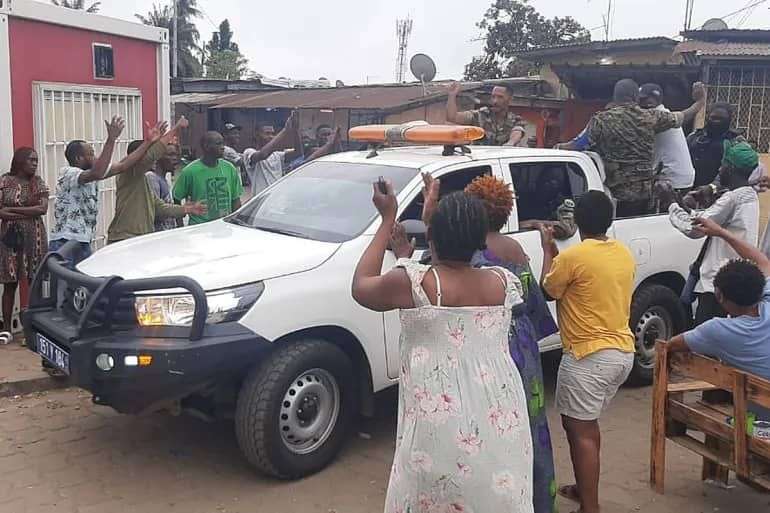

‘The coup in Gabon is different’: Analyst
Ovigwe Eguegu, analyst at the security consultancy group Afripolitika, says the apparent coup in Gabon is not similar to others witnessed in West Africa.
“The coup in Gabon came as a surprise but to some extent, it is not really a surprise because if you go back to 2016 for instance when there was an election, the vote was fraudulent with people protesting the results. That was Ali Bongo’s second term,” Eguegu said.
“Then in 2019, there was a coup attempt and those officers cited election irregularities saying it was not representative of the will of the people,” he added.
“Again, we are seeing the same pattern. The coup in Gabon is different from what we are seeing in other West African countries. While those other coups are more about security and governance, this is specifically about the electoral process,” he said.
‘We expect reactions on the streets’.
Al Jazeera’s Ahmed Idris reporting from Niamey in Niger says people in Gabon are just waking up to the news.
“We expect reactions on the streets. It’s expected that many people here will be happy,” he said.
“The common thread of all these coups in West Africa and Central Africa that we have seen over the past few years is basically economic stagnation, corruption and insecurity,” Idris said.
“In the case of Gabon, it’s more like corruption and of course maladministration,” he added.
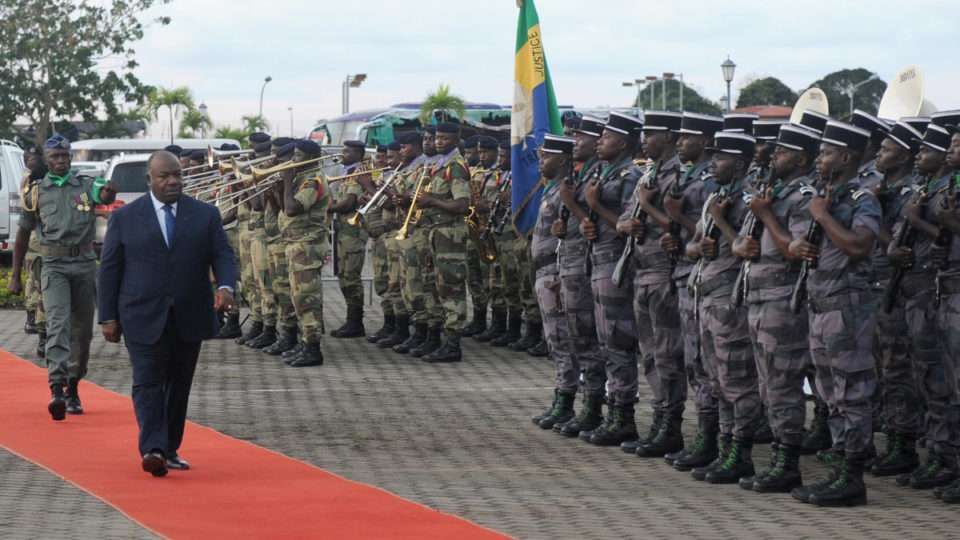

Celebrations in parts of Libreville
These are the latest pictures from the streets of the Gabonese capital.
Gabon
The Bongo family has ruled the West African country since 1967, seven years after independence from France.
By Richard Koomson| mediacentralonline.info |Ghana
kindly send us your stories on our WhatsApp line 0500004727



